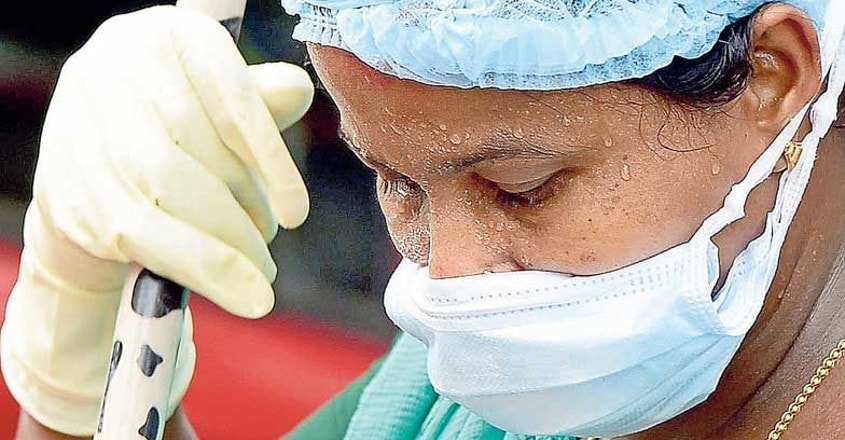First Nipah casualty did eat fruits bitten by bats: Probe
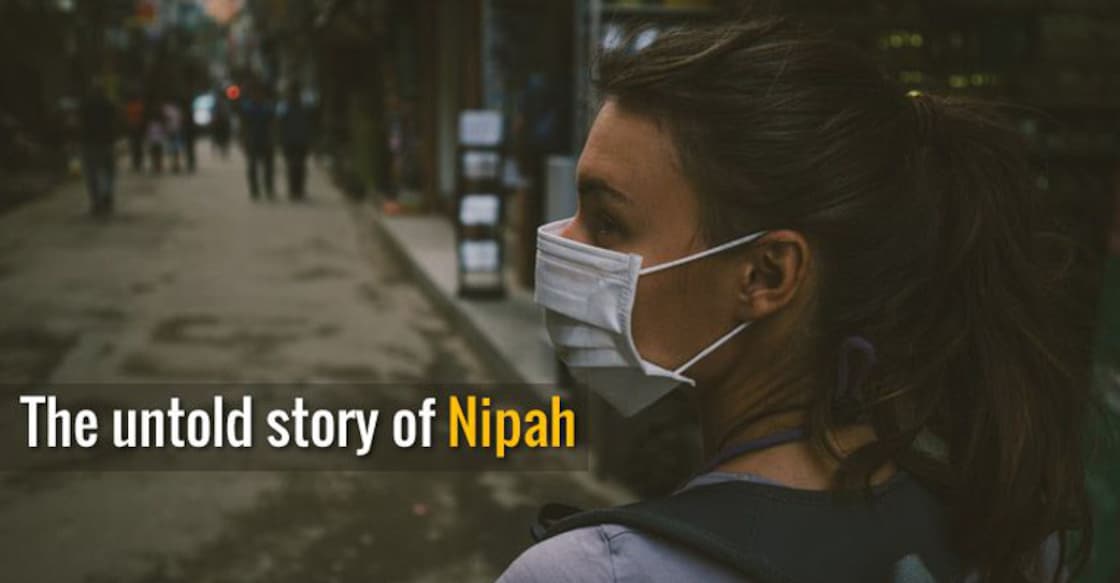
Mail This Article
Kozhikode: Panic had again gripped a part of Kerala a few days back after it was rumoured that a youth died at a private hospital here due to the Nipah virus, which had resulted in more than a dozen deaths in May this year. However, tests at the Manipal Virology Institute confirmed that the youth had died of H1N1 flu. However, the scare suggested that the fear of Nipah fever is very much rife months after it subsided.
It was early in May that Mohammed Sabith apparently became the first casualty due to Nipah virus in Kerala and soon a few other members of his family as well as others in the Peramabra locality died. The burning question all these months was, “what was the source of Nipah virus?” The answer was loud and clear: fruit bats. Before the official confirmation on the source of Nipah virus came, everyone had cast a shadow of doubt on Sabith, 26.
Anthropologist Bersilla George scouted for the source of Nipah virus as part of a research initiated by the National Institute of Epidemiology on behalf of the Indian Council for Medical Research (ICMR). Bersilla’s purpose of study was to find out how and from where Sabith got the dreaded infection. The findings have been compiled into a report, “Nipah: What Sabith has to say!”, which was recently released.
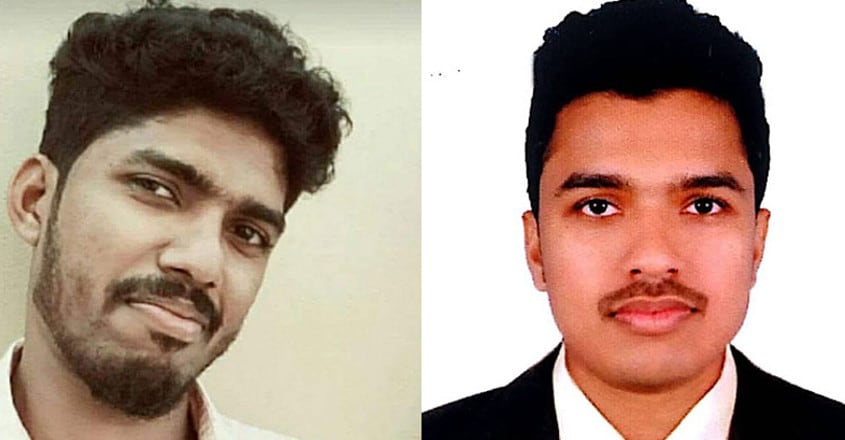
Bersilla’s journey to unravel mystery behind Sabith disease was arduous. Let’s retrace the steps in her own words…
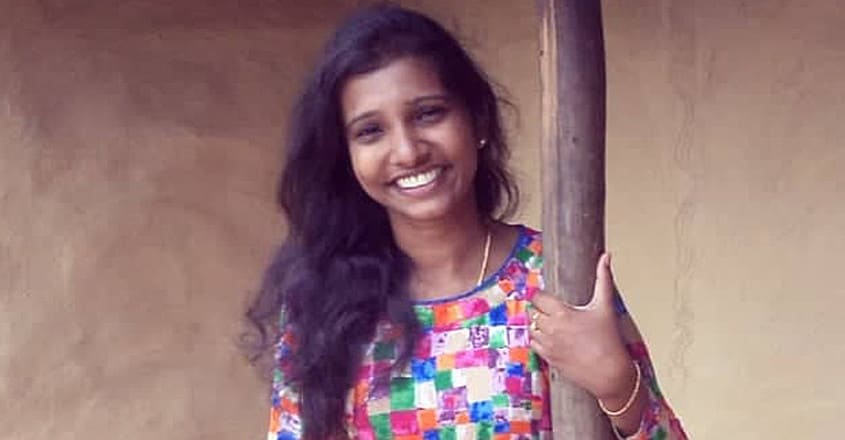
Know Sabith’s life…
The so-called Nipah virus outbreak had shook Kerala and the medical fraternity. But the medical fraternity had zeroed in on the Nipah virus when the second victim, who showed fever symptoms died, and it was soon confirmed he died of Nipah fever, and this timely discovery saved many lives. The doctors sat up and took notice when Salih, Sabith’s brother, also died of similar medical conditions. If the infection had spread to a person outside Sabith’s family, the detection of Nipah virus could have been quite difficult.
In this context, it is also imperative to look into the attitude of a section of society who had total disdain for the middle-class family consisting of Sabith’s parents and two brothers. Certain media houses reported that Sabith contracted the disease during his visit to Malaysia. (The World Health Organisation says the Nipah fever pathogen was first reported in Malaysia in 1998 in a village known as Kampung Sungai Nipah.) But unfortunately no one tried to decode the mind of Sabith and know him better. The purpose of the research for ICMR was to do that.
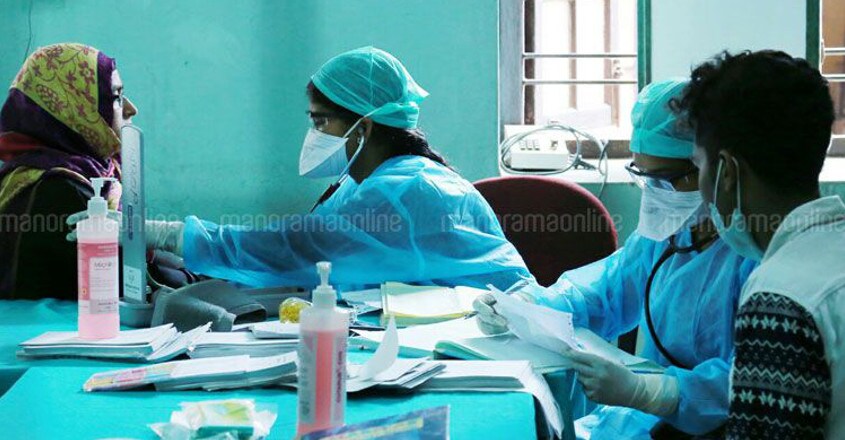
As per the research ethics in Anthropology, it is important to collate details relating to Sabith’s history, life, relations and interests. The greatest challenge in the initial stages of my research was to separate wheat from the chaff relating to certain misconceptions and misleading information that were doing the rounds.
Fear all around
There was fear in everyone’s face, and wrong news was emanating from certain quarters even when Kerala was slowly but surely realising the fact that the Nipah virus was deadly and dangerous. When I stepped into Perambra town, it looked like a ghost town with deserted streets, and the buses, that too few and far between, were plying almost empty. The Perambra Taluk hospital too had an eerie presence with only a handful of nurses and attenders on duty.
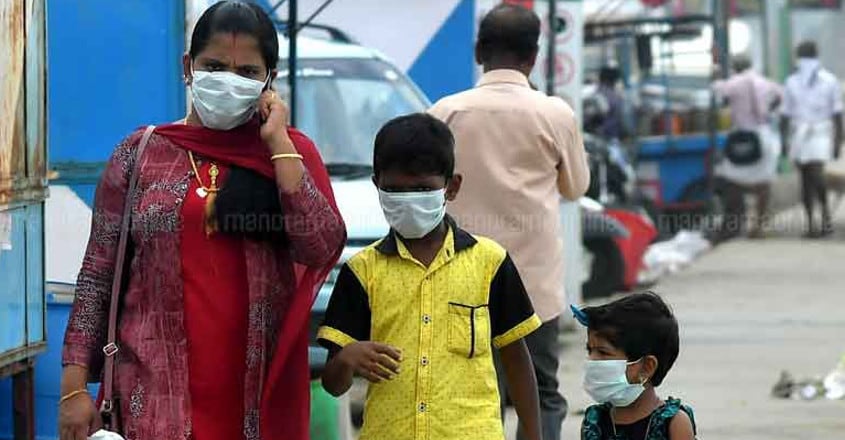
Sabith’s mother and her younger brother relocated to their ancestral home after the deaths of Sabith and Sahil, their father Moosa and Moosa’s sister-in-law Mariyam. I really appreciate the tenacity of Muthalib, the younger brother of Sabith, while answering my probing questions. Sabith’s mother was bogged down with grief as everyone was blaming her son for the death of 16 other people who died of Nipah infection.
The fear of infection has forced many people in the Sabith’s neighbourhood to relocate to far off places. Sabith’s family members and relatives had to stay indoors as they couldn’t go for work or to mosque for daily prayers as people started to ostracise them. Travellers passing through Kozhikode by trains or buses used to wear face masks in order to ward off the Nipah infection.
It is to be noted that human-to-human transmission of the disease occurs when the patient has acute infection and not in the initial stages of the disease. Even after getting infected Sabith had spent time with kids, friends and family members for nearly 12 days, and the transmission of virus to his brother and father and those who looked after him occurred only when he was in a critical stage. Thirteen days after the death of Sabith, his brother and those affected by Nipah virus were moved to an isolation ward. This validates the fact that Nipah virus had spread only from Sabith.
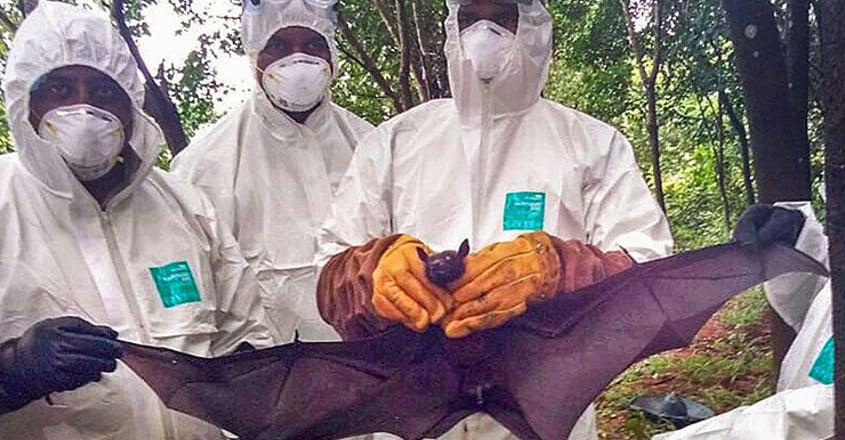
But the people in the region were in constant fear as there were many rumours flying thick and fast. Even when residents of Perambra and Kozhikode town were kept at bay by people from other districts and states, a group of researchers touched ground zero to take stock of the situation and study about it. Most of the researchers completed their work even without taking any precautionary measures. This showed that many of the fears were found unwanted.
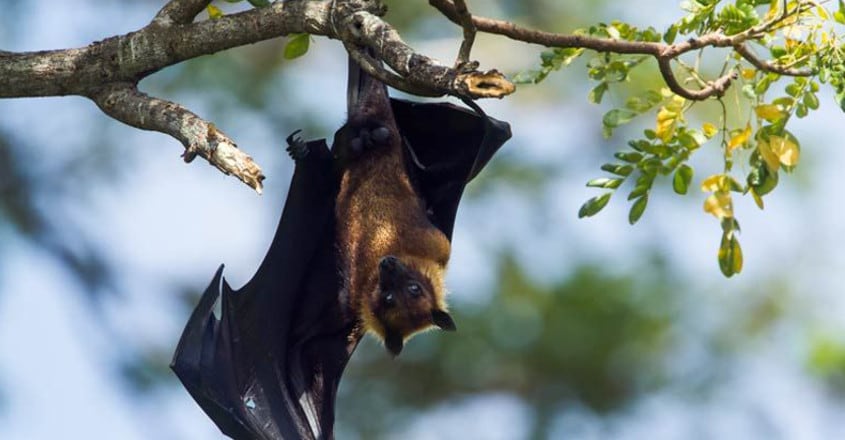
Family in tatters
It is sad to note that people are still sticking to false propaganda that Sabith contracted the disease from some other place though it was scientifically proved that the source of the virus was fruit bats. So it was my duty as an Anthropology researcher to prove the innocence of Sabith to the whole world.
Sabith was not only a devout Muslim but also a person who inculcated the teachings of the Prophet on brotherhood and to love the whole mankind. Financial constraints in the family forced Sabith to discontinue his studies after class 12 though he was a brilliant student. After that he took up job as a salesman in many organisations. Sabith’s dedication to work and sincerity made him a favourite of his employers. He also learned electrical wiring and plumbing work. During these days, he occasionally consulted doctors and underwent treatment for ulcers. Sabith kept the severity of his health problem under wraps due to the financial problems faced by his family.
Sabith loved travelling, cooking, photography, nature and animals, and had many close friends. He cherished cooking food for his family members and friends. Friends recollect Sabith travelling from Perambra to Kozhikode to have his favourite masala dosa from the Saravana Hotel. He also loved to eat varieties of fruits such as mango and guava, and these fruit-bearing trees could be found near to his home. Perambra is known for its nature’s beauty, and the Janakikadu tourist place is nearby. An avid animal lover, Sabith had five pet rabbits at his home. The family was planning to sell the present house and move to a new one, and that’s when Sabith passed away. He also had plans to rear goats at the new place.
Sabith and his brothers always lend a helping hand to people in the neighbourhood, and the relatives and neigbhours took the ill fate that befell the family with great shock. Sabith, who went abroad for work in January 2017, had to return after nine months as his ulcers aggravated. After that he did plumbing work along with his friends.
Hygiene matters
Perambra is host to scores of birds, animals and bats, and many fruits bats could be found in trees near to Sabith’s house. On many occasions, Sabith had eaten mangoes and guava without properly washing them. He even ate fruits which were bitten by fruit bats.
Unfortunately, Sabith might have got infected with Nipah virus from one of these fruits. Moreover, he used to feed his rabbits with plantain leaves. Chances are high that these leaves may have droppings of fruit bats and Sabith might have unknowingly touched it while feeding the rabbits. Sabith can get easily infected if he touched his eyes or other body parts without sanitizing his hands.
Sabith has never been to Malaysia or Bangalore and never thought of hurting anyone. Sabith didn’t eat fruits from Janakikadu and never cleaned the well at his new home. So one shouldn’t doubt Sabith for the deadly infection. And the fingers should point towards fruits bats for spreading the virus.
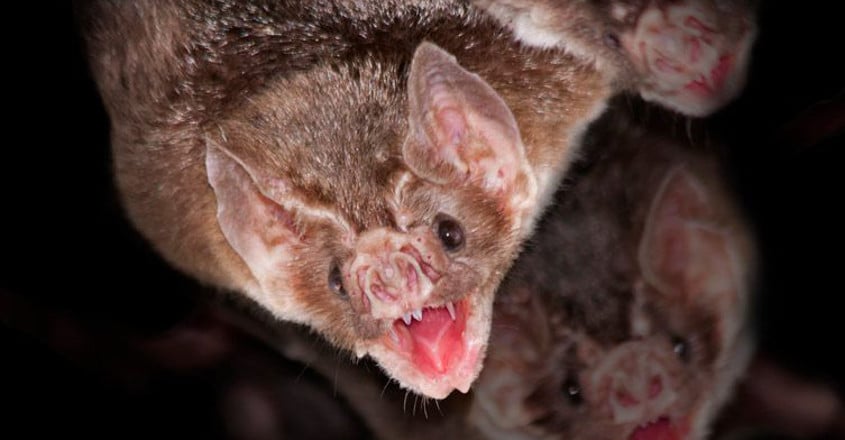
Sabith got Nipah virus infection only through carelessness. What we can learn from the Niaph virus outbreak in Bangladesh is that the virus can ‘wake up’ after remaining dormant in fruits bats for many years. We should be alert and focus more on our personal hygiene as the Perambra fruits bats are active carriers of Nipah virus. The life of Sabith should be a lesson for every Keralite.
